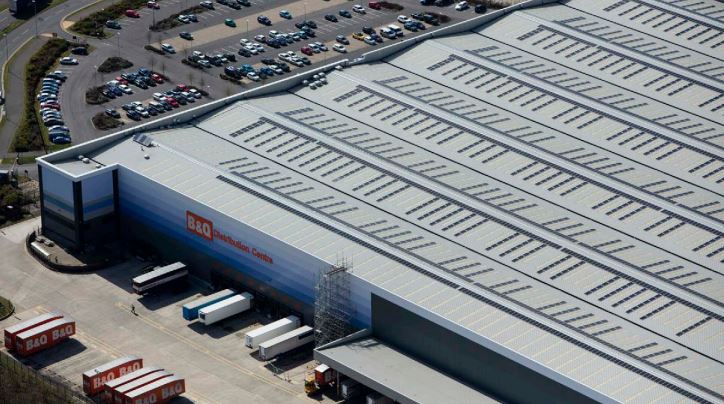
Swindon Borough Council has approved plans from the Orbital Retail Park to install 5,000 solar panels on the rooves of its buildings in the town.
According to the BBC, the retail park submitted the request to install the panels in February, arguing that the installation would make “a significant contribution to the site becoming net zero”. The local council seemed to agree with this assessment, greenlighting the proposal for the project, that will see the new solar installations meet 56% of the retail park’s energy needs.
The Orbital Retail Park argued that securing a local source of renewable power could help minimise the impacts of “the current spike in energy prices”, and that the new installation would be “non-visually intrusive”. In its report, the local council agrees with the second point, saying that the design and placement of the installation would “minimise the effect on the appearance of the building”.
According to local reports, tenants at the shopping centre will buy the electricity produced by the panels, with the surplus sold to the National Grid. The news marks the latest collaboration between the growing UK solar sector and the National Grid, following the commissioning of the country’s first transmission grid-connected solar project, a 50MW project owned by Cero Generation and Enso Energy.
The news follows the announcement of the Great North Road Solar Park, a 1GW solar project to be developed in Nottinghamshire, that would be the largest in the UK and qualify for the status of a nationally significant infrastructure project (NSIP). Figures from Drax suggest that the rate of new solar panel installations in Britain more than tripled between the third quarters of 2022 and 2023, and projects such as the Orbital installation demonstrate how this affects the distributed solar sectors too.
Last month, the Swindon Borough Council announced plans to invest £2.31 million into 600 electric vehicle (EV) charging points across the town as the local government looks to “deliver on our mission to achieve net zero,” according to Chris Watts, the council’s cabinet member for the environment and transport.

